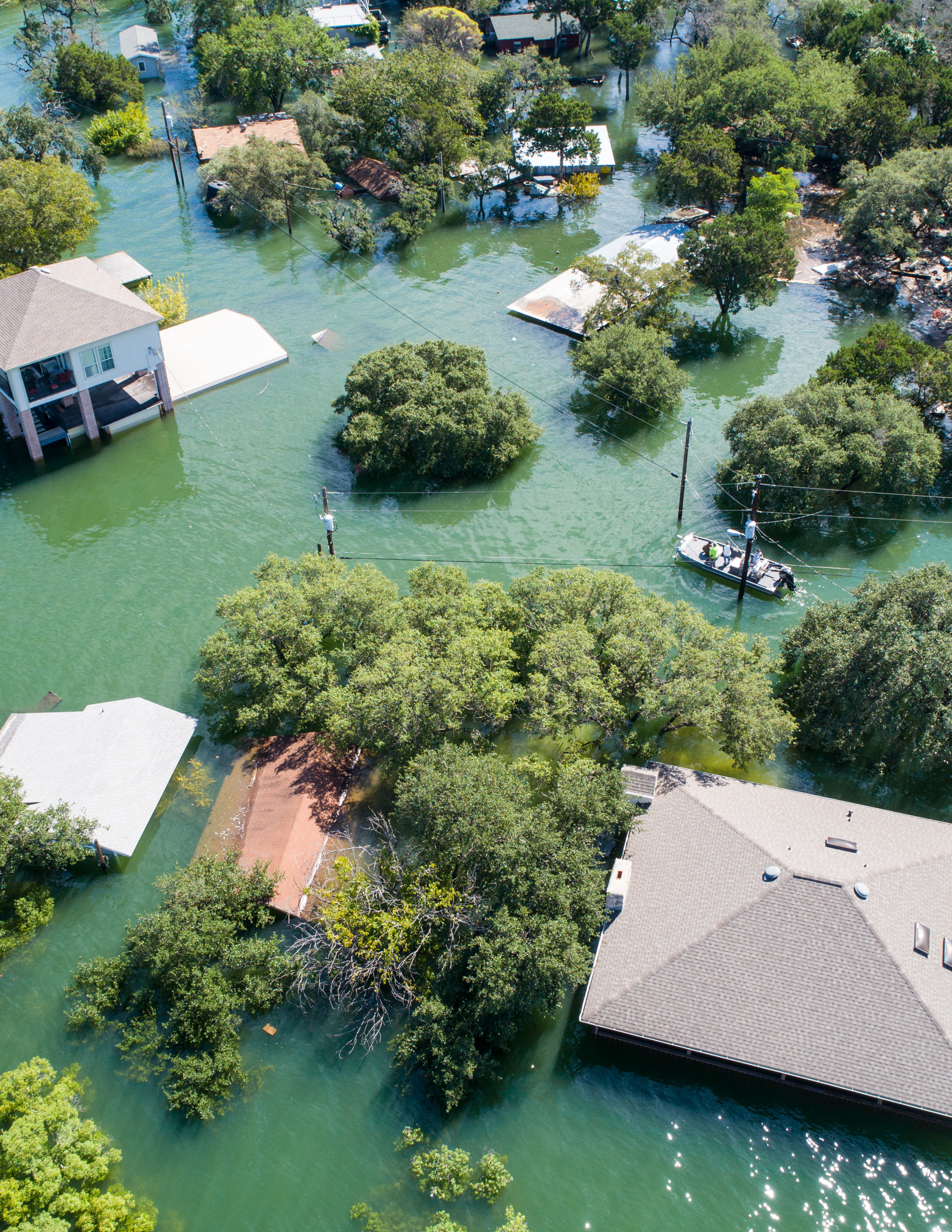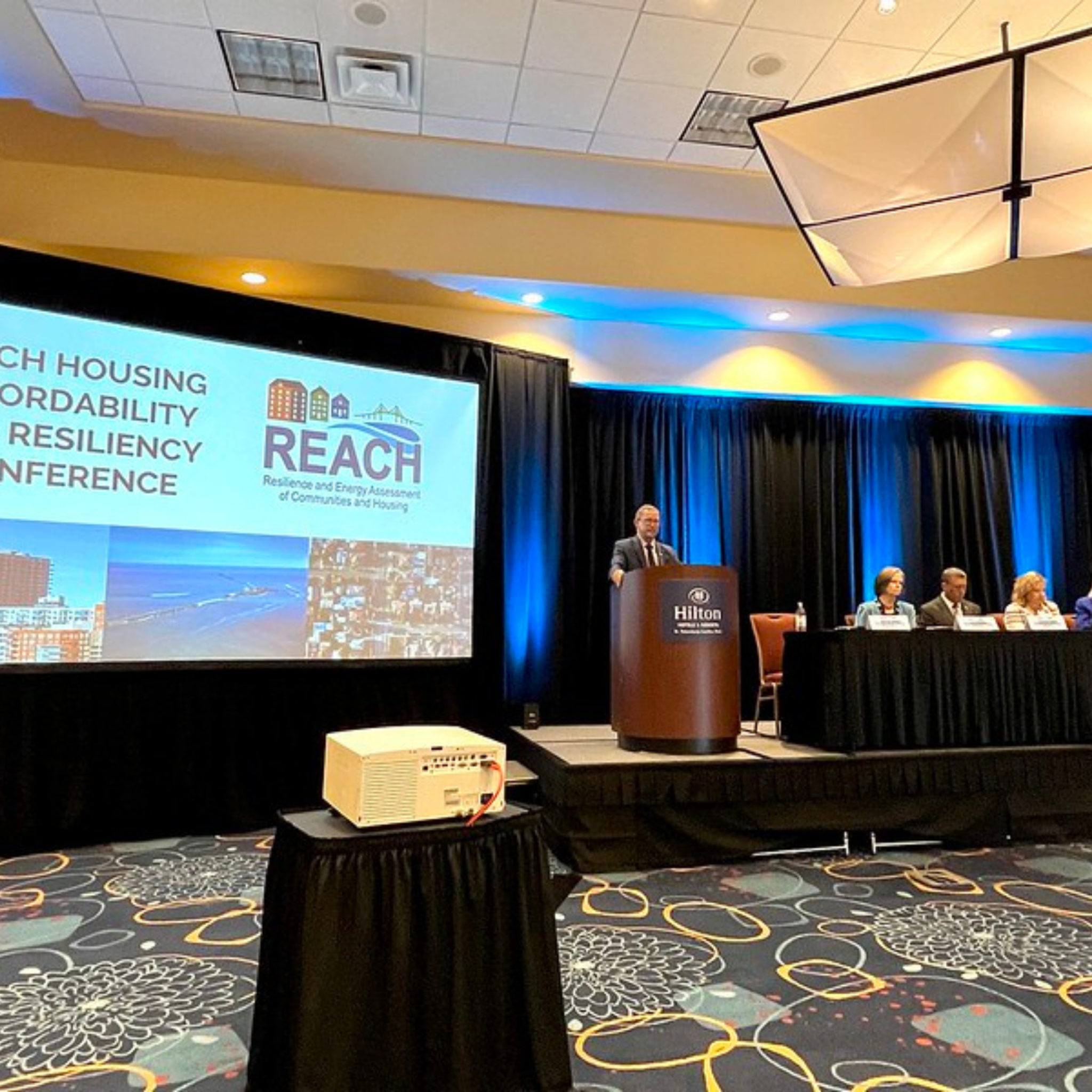By Linda Fisher, AICP
It’s no secret that housing costs in Tampa Bay have soared in the last few years. Everywhere, it seems, people are struggling to find housing wherever they can. At the same time, communities are facing the need to adapt to rising sea levels and other threats from a changing climate. Real estate developers have begun to prioritize higher, less flood-prone elevations, driving up housing costs in those areas. Economically vulnerable households are caught in the middle of these trends, increasingly pushed into less safe areas to find homes they can afford.
How can we tackle the twin threats of unaffordable housing and climate change, while ensuring that the solutions are equitable? The Tampa Bay Regional Planning Council (TBRPC) has set out to answer those questions through its Resilience and Energy Assessment of Communities and Housing initiative, or REACH, a two-year initiative funded by the JPMorgan Chase Foundation. On May 6, TBRPC held the REACH Housing Affordability and Resiliency Conference, convening experts in housing, real estate, environmental building design and urban planning at the Hilton Carillon Park Hotel in St. Petersburg.

“Not only are housing and rent prices skyrocketing in Tampa Bay, but our region faces significant threats with sea-level rise and flooding,” said St. Petersburg Councilmember Brandi Gabbard, TBRPC Chair and Forward Pinellas Legislative Policy Committee Chair, in an introduction to the conference. “We must proactively find new ideas to keep people safe and protect their homes for years to come.”

As many speakers acknowledged, there is no single path to reaching those goals. It will take a toolbox of approaches, including:
- Technology to identify areas most vulnerable to flooding
- Regulatory techniques to discourage or prohibit building in hazardous areas
- Sustainable building techniques
- Strengthening of existing buildings
- Funding initiatives to incentivize affordable housing development
- Use of transit to create more affordable and sustainable communities
“We’re going to have to look at how we can work together. Because we’re not going to be able to do this singularly,” said Pinellas County Commissioner René Flowers. Without collaboration, “we’re not going to be as effective as many of us would like to be.”
About 100 people attended the conference, including elected officials, planners, housing development and finance professionals, and representatives of nonprofit organizations. Forward Pinellas, the Florida Housing Coalition, and the Urban Land Institute Tampa Bay partnered with TBRPC for the event.
Above all, the speakers stressed the need for greater collaboration, both between local governments and among the public, private and nonprofit sectors.
“The twin issues of housing affordability and resilience are intertwined with how we approach transportation and economic opportunity,” said Whit Blanton, Executive Director of Forward Pinellas. “We know we need strong partnerships to address these issues effectively. That’s why we’re excited about the Countywide Housing Compact under the Advantage Pinellas vision framework. The Compact creates a mechanism for effective collaboration and a focus on a better future for our communities.”









